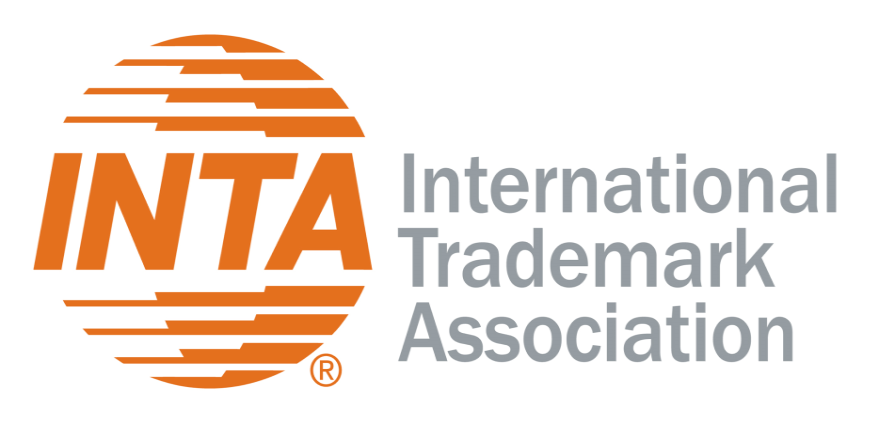INTA’s Unfair Competition Committee (UCC), Policy Subcommittee, recently published a quick guide to unfair competition laws around the world, revealing that all countries surveyed prohibit various forms of unfair competition although the national statutes or governing laws are diverse in nature.
The data in the Unfair Competition Quick Guide summarizes results of a survey of practitioners regarding the unfair competition laws of their respective jurisdictions. The document covers 24 countries, including those in the Americas, Asia, Europe, and the Middle East.
UCC’s Policy Subcommittee carried out the survey during the 2018‒2019 and 2020‒2021 committee terms and published the easily accessible guide as a practical, high-level resource for brand owners and practitioners seeking a basic overview of a specific country’s unfair competition laws. Practitioners within each applicable jurisdiction provided their responses, and a different practitioner in that same jurisdiction independently verified the responses.
The survey sought the following information with respect to each country: (1) whether national laws exist that prohibit unfair competition (and, if not, whether unfair competition is prohibited in other ways); (2) specific examples of prohibited unfair competition; (3) remedies available in the event of unfair competition; and (4) the proper venue for the assertion of unfair competition claims.
In general, the responses revealed that all countries surveyed have laws that prohibit various forms of unfair competition and incorporate many of the same basic principles. Most have two or more national statutes covering unfair competition, including false advertising, trade dress infringement, and confusion created by passing off.
At the same time, the nature of the national acts or governing laws varies considerably. For example, according to the survey results:
- While countries such as Argentina, Poland, and Sweden have enacted specific national competition acts, others, including India and Israel, provide for relief under different authority, such as general tort laws, consumer protection acts, and/or common law. In Uruguay, courts frequently consider the Paris Convention for the Protection of Industrial Property as well as rely on general civil law principles.
- Although all countries surveyed consider “false advertising” to constitute a form of unfair competition, they define this term differently. In Finland, for instance, a false or misleading expression concerning one’s own business or the business of another may not be used in business if the expression is likely to affect the demand for or supply of a product to harm the business of another, whereas Chilean law prohibits the dissemination of statements that are incorrect or false and that mislead about (among other things) the nature, provenance, components, characteristics, price, or mode of production of the goods or services offered.
- All countries surveyed allow for the possibility of damages where unfair competition has been proven, yet the likelihood of recovering such damages as a practical matter may vary. Courts in the United Arab Emirates, for example, are reluctant to award high amounts of damages and require a close causal link between the misconduct and any subsequent loss for that loss to be recoverable. Moreover, additional forms of relief may be available in some countries, such as a public apology in Malaysia and imprisonment in Norway.
- While none of the countries appears to ban comparative advertising entirely, each defines differently the circumstances under which such advertising is prohibited. For instance, in Colombia comparative advertising that refers to elements which are not analogous or comparable is considered unfair competition. However, Italy permits comparative advertising if it does not mislead, discredit, or harm the advertiser’s competitors. Differently, in Costa Rica this form of advertising is forbidden if it consists of a broad claim on the superiority of the goods.
- In nearly all the countries, unfair competition claims may be brought in the appropriate courts. In Germany, such claims are brought exclusively in the courts, whereas other countries provide additional options. For example, in the Czech Republic, unfair competition claims may be brought to designated out-of-court settlement bodies, and in Spain certain unfair competition complaints may be filed with the administrative authorities in the field of consumer protection.
Overall, the UCC hopes that the Unfair Competition Quick Guide will serve as a valuable starting point for any inquiry into the unfair competition laws of a country covered in the document. Nevertheless, the UCC notes that neither INTA nor the UCC can guarantee the accuracy of the information provided and therefore suggests that readers consult with a qualified local attorney for specific advice in relation to the facts and circumstances of any given situation.










